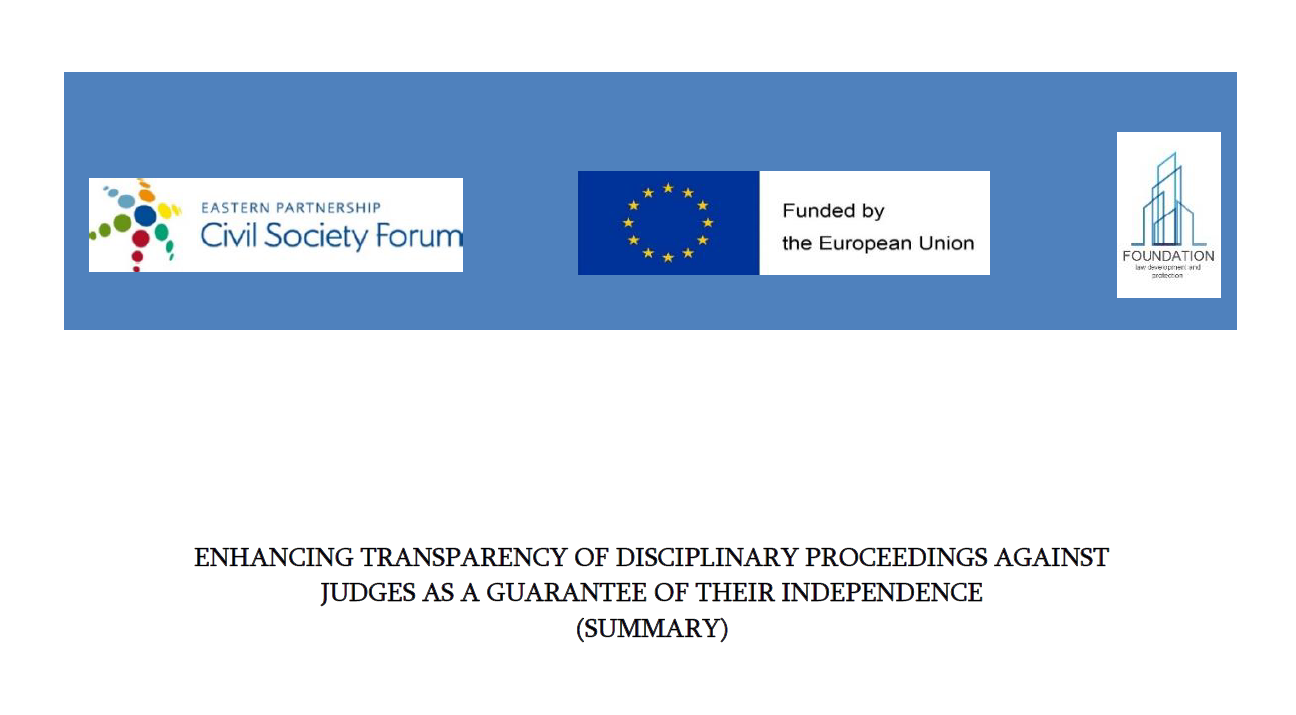





The over-all objective of the research is to enhance transparency and accountability of the Disciplinary Commission thus contributing to the reduction of corruption risks at the initial stage of the disciplinary procedure against judges and strengthening independence of the Judiciary.
The following conclusions have been derived from the conducted research:
- Substantiated assessment has been made, according to which, amendments to the Judicial Code adopted based on the 2019-2023 Strategy for Judicial and Legal Reforms of the Republic of Armenia (hereinafter referred to as «Strategy») had not addressed key issues relating to ensuring transparency of the work of Disciplinary Commission /Commission/;
- Statistics proves that the vast majority of the communications submitted by lawyers never reach the Supreme judicial Council, the decisions of the Commission are not published on the official website of the Judiciary /www.court.am/, and are not provided upon request /referring to the secrecy of proceedings/.
- Based on the analysis of international comparative practice a balanced model ensuring sufficient extent of publicity at the initial stage of disciplinary proceedings was proposed. In particular, it was recommended to make amendments in the Judicial Code of the RA to ensure transparency of the work of the disciplinary commission and public control over its activities through envisaging the requirement of publishing all the decisions of the Disciplinary Commission with the mandatory inclusion of the justification part. At the same time in case disciplinary proceedings are not initiated against the judge, for the sake of guaranteeing the protection of the judge's reputation there should be a possibility for not disclosing his/her identity in the decision. The same regulation should apply to the written positions (responses) of the Ministry of Justice alongside the requirement of the mandatory justification part.